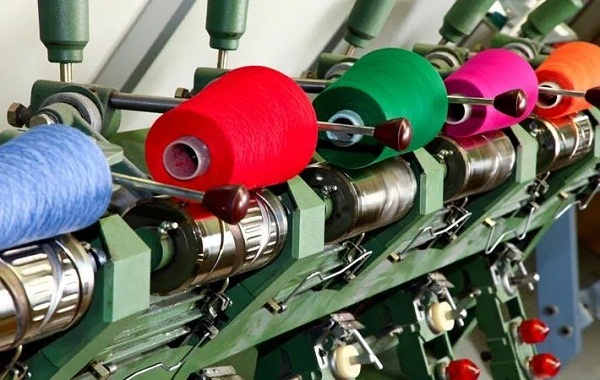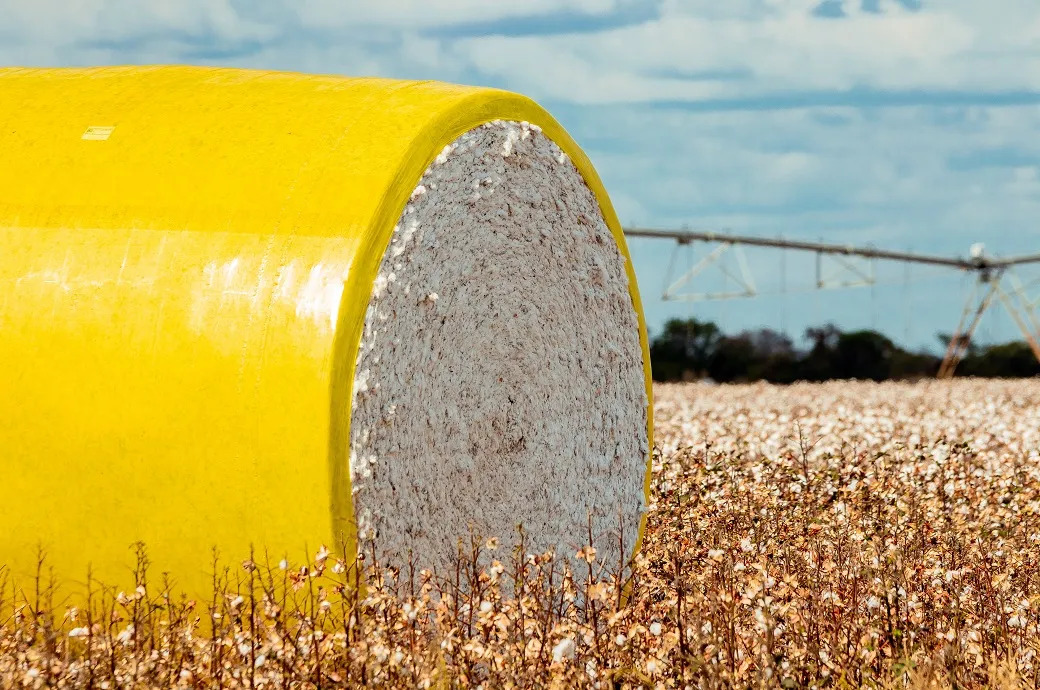
The year 2022 was an eventful year for the Indian textile sector. Under the National Technical Textile Mission (NTTM), 74 research proposals were approved in the category of specialty fiber and technical textiles. Seven PM Mega Integrated Textile Region and Apparel (PM MITRA) parks have been approved to develop world-class infrastructure including plug-and-play facilities with an outlay of Rs 4445 crores for a period up to 2027-28.
The guidelines in respect of the scheme have been published. Proposals from 13 states have been received. A total of Rs 621.41 crores in subsidy were released in 3159 cases under the Amended Technology Upgradation Fund Scheme and special campaigns were organized at major clusters for settling backlog cases. A total of 73919 persons have been provided training of which 38823 persons were provided placement under the Samarth scheme for capacity building in the textile sector.
The Production Linked Incentive (PLI) scheme was launched with an approved outlay of Rs10,683 crores to promote the production of manmade fiberapparel, manmade fiberfabrics, and products of technical textiles in the country.
NIFT adds to existing campuses
A National Institute of Fashion Technology (NIFT) campus at Daman was made operational for the academic session 2022-23. Moreover, new campus buildings for Bhopal and Srinagar are also coming up. Projects in the silk sector have been initiated. A jute scheme covering 170 jute growing blocks with 1,89,483 hectares has benefitted 4,20,309 jute farmers. Export performance rose by 38 per cent from last year with a current value of Rs 3786 crores. The value of exported jute diversified products is Rs 1744 crores. A total quantity of around 26.87 lakh bales of jute bags has been indented.
Cotton and pashmina sector gets assistance
Cotton cultivation has increased by five per cent compared to last year. A brand named Kasturi for Indian cotton has been launched to encourage mechanized harvesting of cotton, improving the quality of cotton and reducing labor costs. Further 75000 hand-held kapas plucker machines have been distributed. A revolving fund of two crore rupees has been set up for procurement of pashmina wool. Portable tents have been distributed to the nomads of Leh in order to improve living conditions. Further 300 predator-proof corrals have been constructed for the safety of pashmina goats along with the distribution of 50 sheep shearing machines to Uttarakhand.
Handloom and handicraft get major supports
Financial assistance has been provided to handloom clusters. Weavers have been provided improved looms and accessories. Skill upgradation training has been imparted to handloom workers. Assistance amounting to Rs18.49 crores has been released for marketing events. In the handicrafts sector a total of 272 marketing events were organized. Pahchan cards were issued to 30 lakh artisans. Training programs and design workshops were conducted for the benefit of artisans. Modern toolkits were distributed to artisans.












